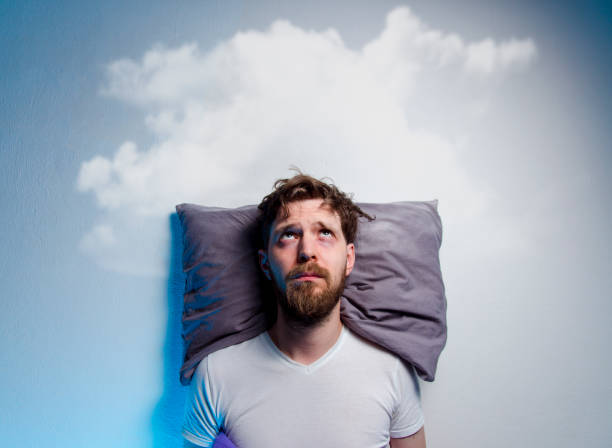What Causes Mental Health Problems?
8 July


When these occur they can cause distress and intense fear, which prevents us from doing daily activities.

Anxiety can show up in a number of ways, from a generalized sense of something bad might happen, social isolation or severe episodes of panic. Anxiety may be due to life stress or come out of nowhere.

Our psychiatric providers can help you begin to understand your anxiety, consider the possible source of anxiety and look at the possible benefits of medications along with psychotherapy to relieve anxious thoughts and behaviors.
Many different anxiety disorders exist, and it is important to discuss these symptoms with your mental health professional because each type has its own type of treatment. Some anxiety is normal, but you should make an appointment to see a mental health provider if:
Your symptoms of anxiety may worsen with time and may not go away on their own. Try to seek help from a mental health provider before it becomes too severe, because it will be easier to treat when you first begin experiencing symptoms.
Get Started





Anxiety disorders are a group of related conditions, with each having unique physical and emotional symptoms. They all have in common excessive worry and fear in situations that are not threatening.
Many people feel anxious when there is no apparent reason. You may feel intense worry about your safety or the safety of your loved ones or feel like something bad is going to happen in general. These emotional and physical symptoms can cause significant stress in all areas of your life including your personal relationships, at work, or in social settings. It is normal for these worries to change from time to time and age.
Is characterized by excessive and persistent worry about everyday life. This worry can consume hours of your time each day, making it difficult for you to concentrate and complete daily tasks.
Is more than shyness and is driven by irrational worries about being negatively judged or rejected in a social or performance situation. You may feel like you don’t know what to say or worry about saying something stupid. Social anxiety can cause panic attacks if you have forced or anticipated social interactions.
Is characterized by sudden, intense, feelings of terror and panic attacks, often occurring multiple times and without warning. Panic attacks can occur even if you are not thinking about something specific. Symptoms of panic are often mistaken as a heart attack, because of the powerful physical symptoms that you may feel, including- shortness of breath, chest pain, feeling like your heart is racing, and dizziness. This can lead to frequently worrying about them reoccurring.
Refers to excessive worries and fears about being separated from someone you love or from your home. This is also common in children and adolescents.
Are strong, irrational fear reactions to a specific or anticipated situation, often a specific situation, place, animal, or object. Fear of heights or snakes is an example.
Is characterized by intense anxiety and fear of a situation where it may be difficult to escape. Agoraphobia may cause you to avoid leaving your house to avoid situations such as traveling in a car or airplane, being alone outside of your home, or being in a crowded area.
Vivamus dignissim leo metus, et congue elit aliquet duis neque sapien orm pharetra vulputate, mollis a orsent lorem ipsper vel porttitor mattis in diammassadum sem quam, ac tempus sem fermentum ionsectetur lacus finibus enim.
Janet JacksonPMHNP